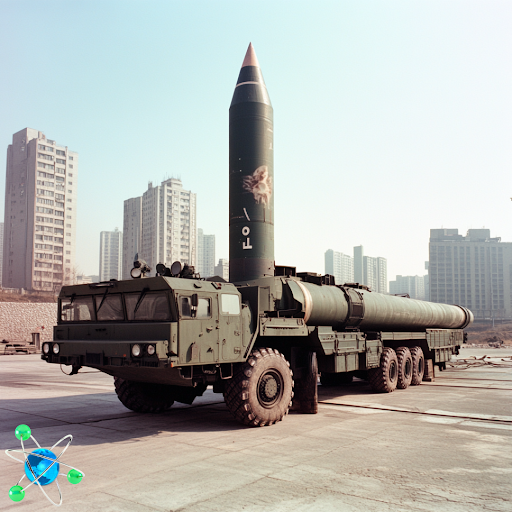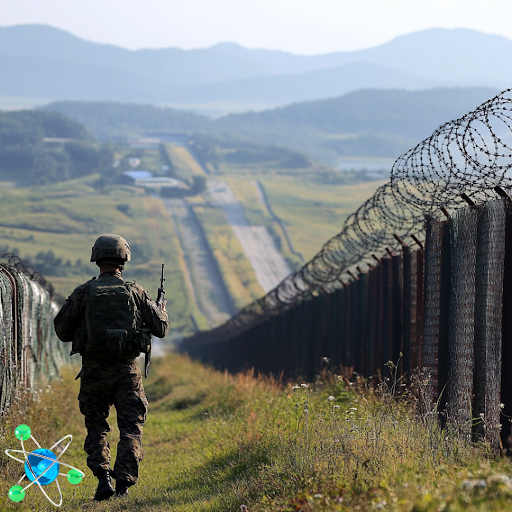
- South Korea’s potential move to develop nuclear weapons could severely disrupt its alliance with the U.S. and destabilize financial markets, as warned by Defense Minister Shin Wok-sik.
- Growing concerns about North Korea’s nuclear capabilities and the uncertainty of future U.S. policies under another possible Trump presidency have intensified debates among South Korean officials about the necessity of a homegrown nuclear arsenal.
- South Korea faces a complex geopolitical landscape, balancing U.S. and Chinese relations amid the Ukraine conflict, with recent tensions involving North Korea’s military support to Russia potentially prompting South Korea to reconsider its own stance on arming Ukraine.
South Korea has the power to disrupt ties with the United States and shock financial markets if it began building nuclear weapons, according to Defense Minister Shin Wok-sik. More and more South Korean officials and members of President Yoon Suk Yeol’s conservative ruling party have emphasized the necessity for nuclear weapons as North Korean nuclear weapons increase.
Tensions rise as the prospect of another term for former U.S. President Donald Trump, who complained about the cost of the U.S. military presence in South Korea and launched unprecedented talks with the North.
But Shin, a former three-star army general who also served as a lawmaker in Yoon’s party, said having a homegrown nuclear arsenal risked devastating fallout to the South’s diplomatic standing with the US and its economy.
“You’ll face a huge crack in the U.S. alliance, and if we withdraw from the nuclear non-proliferation treaty, it would bring various penalties, starting with an immediate shock in our financial market,” he stated in an interview.
Shin acknowledged that the debate among politicians and foreign policy experts was a sign that many South Koreans were still anxious about American extended deterrence – the U.S. military capability, especially its nuclear forces. But the allies’ push to strengthen that deterrence is the “easiest, most effective and peaceful” way to counter the North’s threats, he said.
South Korea is in a difficult position considering the rivalry between the United States and China with the Ukraine War, creating a serious shift in the post-Cold War paradigm.
“Even in Northeast Asia, there are forces who are openly seeking to change the status quo by force, and we are at the forefront, directly affected,” Shin said.
By clinching an important partnership treaty with Russia this year, North Korea has gone from “being a headache in Asia to a global villain,” while Moscow tainted its own national prestige by “begging for help” from Pyongyang and betraying the international community with its war against Ukraine, he said.
South Korea responded by warning that it could consider arming Ukraine with lethal weapons, if Russia were to do the same with North Korea. This would be a major policy shift from their humanitarian and economic assistance they have provided so far. From last year until Aug. 4, North Korea has shipped more than 12,000 containers to Russia, enough to carry about 5.6 million 152-mm artillery shells, Shin said.
While Yoon’s administration has been more open in echoing Washington’s calls for “like-minded nations” to stand together in the face of tension with China and Russia, Shin said South Korea has not discussed joining other U.S. allies and partners in naval exercises in the South China Sea, where Beijing has clashed with neighbors over maritime claims.

